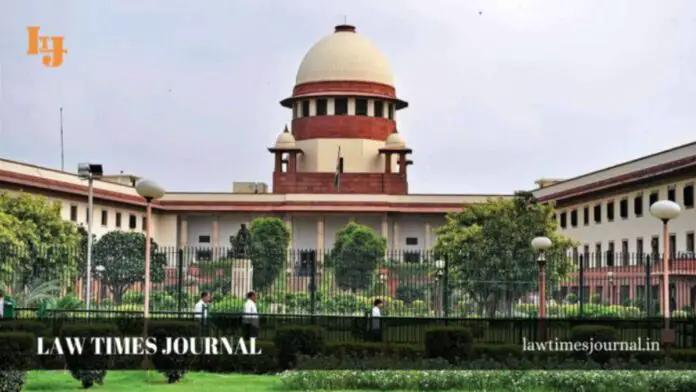
The Hon’ble Supreme Court has denied squashing the summon orders issued against Ajit Mohan, the Managing Director of Facebook India in the Delhi riots case. The order had been issued by the Peace and Harmony Committee of the Delhi Assembly Committee for the sake of inquiry. However, the Hon’ble apex court has maintained that any person representing the defendant is free to refuse to answer any question that falls within the prohibited domains of law and order and criminal prosecution as that would fall within the jurisdiction of the state government. The Hon’ble court has noted that the claims of squashing the order placed by Facebook were premature and unnecessary as not much had been asked for by the committee. Legislative functions were one of the areas of powers to be exercised by the assembly. Apart from that, it was also empowered to investigate complicated social problems and the inquiry was a part of it.
Ajit Mohan had challenged the summon order by the Delhi Assembly under Article 32 of the Indian Constitution. The summoning order had been issued by Raghav Chadhha, MLA and head of the committee. The allegations under which the summoning order had been issued were related to the riots caused in various parts of northeast Delhi in February 2020. The Hon’ble Supreme Court has noted that the actions taken by the assembly do not encroach upon the 7th schedule of the Union government list, which had it done, would have been stalled by the Hon’ble court. the court has also gone on to say that to inquire into any matter that disturbs the peace and harmony of the area that falls under the jurisdiction of the Delhi Assembly, is the right and duty of the committee members.
However, the Hon’ble court stated that there had been some statements made by the committee in front of the social media that were unlawful on their part. The committee does not have the power to prosecute or to file a supplementary charge sheet on its own. Therefore, the defendant has been granted the right to refuse to answer certain exceptional questions asked during the inquiry.
The Hon’ble bench consisted of Hon’ble Justices S.K. Kaul, Dinesh Maheshwari, and Hrishikesh Roy. The Hon’ble bench stated that the codification of privileges under section 142 did not fall under the current duty of the Hon’ble court and therefore, the Hon’ble judges refrained from doing so.
The Hon’ble court has referred to several cases to note that the powers of the social media platforms like Facebook owe a social responsibility to use algorithms in a justified and reasonable manner, taking care of religious and communal sentiments as these are extremely sensitive issues especially when we talk about a country as diverse as India. With warnings given to Facebook in its publication of statements that have been responsible for causing the riots in Delhi, the court has agreed to allow the investigation procedure initiated by the Delhi Assembly Committee.








